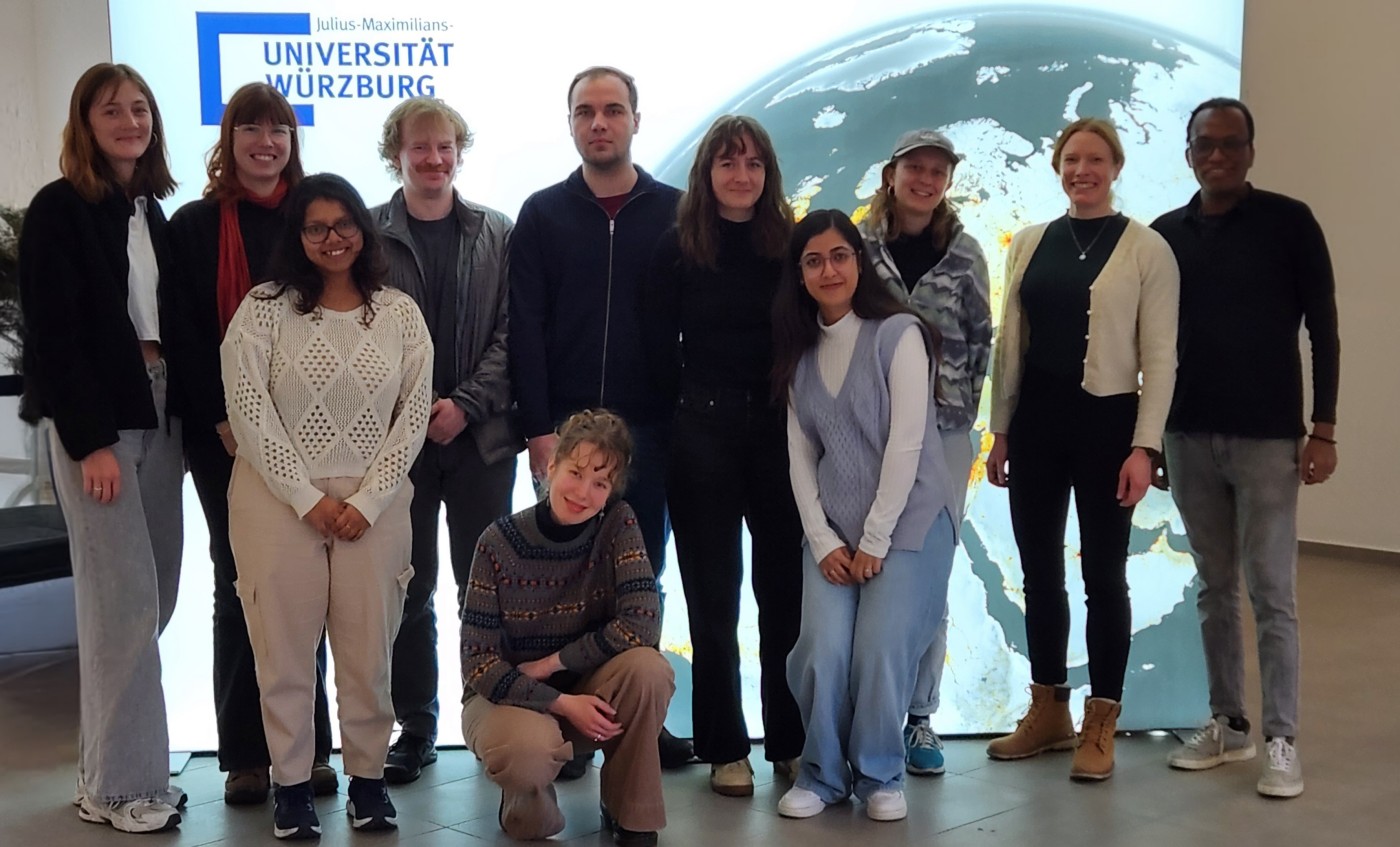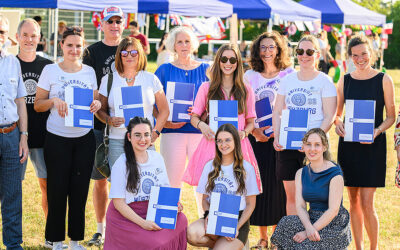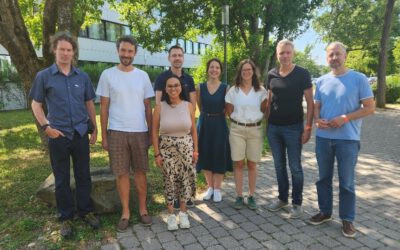Dr. Baumhoer, known for her work in using satellite technologies to track changes in polar and glacial regions, guided the students through a range of advanced remote sensing techniques. These included satellite-based optical and also touching the potential of radar imaging, for the monitoring of glaciers, ice sheets, and polar ecosystems..
Throughout the course, EAGLE students learned how to apply these remote sensing approaches to study critical processes in polar ecosystems, such as ice dynamics, glacier mass balance, permafrost changes, and ecosystem responses to climate change. Special attention was given to the challenges of working in these harsh and data-sparse environments, where cloud cover, extreme temperatures, and accessibility issues often limit traditional fieldwork.
The hands-on training also included practical demonstrations of how to process and analyze remote sensing data, focusing on the use of multispectral imagery to extract vital information. Key to the training was understanding the importance of time-series data for detecting trends and anticipating future changes in these rapidly evolving ecosystems.
The course provided an invaluable opportunity for the EAGLEs to expand their expertise in environmental monitoring and remote sensing techniques, specifically applied to the most vulnerable and least understood regions of our planet. As the world faces mounting environmental challenges, such as global warming and the rapid retreat of polar ice, the skills gained in this course will enable the students to contribute to important research and informed decision-making on global cold region dynamics.








